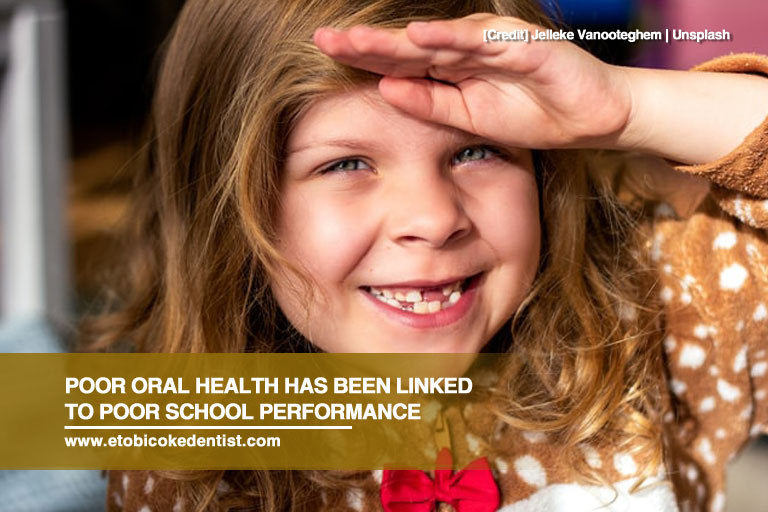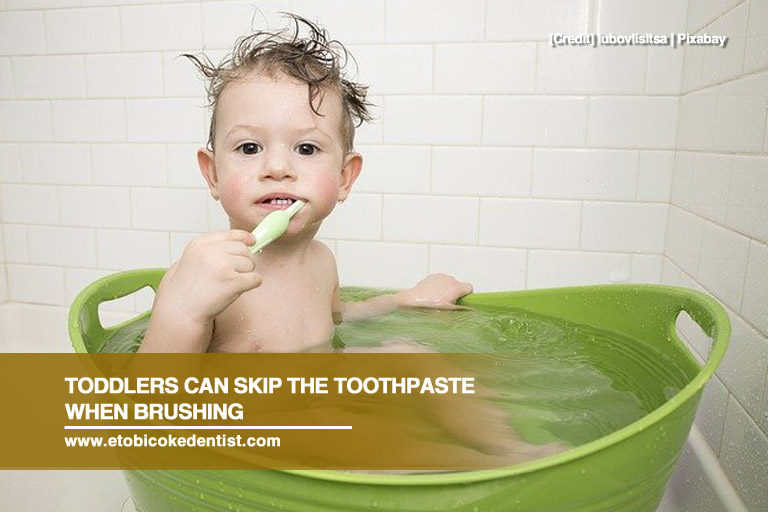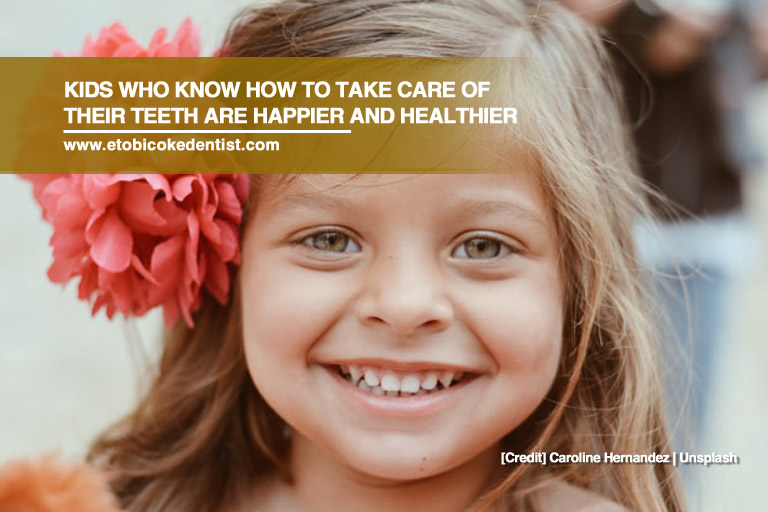
Many young children — both toddlers and preschoolers — show disinterest in brushing their teeth. According to an article by Robyn Des Roches in the Washington Parent, there could be several reasons why kids detest oral health care routines. But kids brushing their teeth regularly is not an impossible dream if you try introducing the habit through fun activities.
Roadblocks to Good Dental Hygiene in Children

For adults, brushing is part of the daily routine. But for children, this activity can be scary, daunting, or just plain boring. Many parents feel that they need to scold their children or force them to follow a religious oral health care routine. Some parents also believe that this lack of enthusiasm towards brushing is fine since kids are bound to lose their teeth anyway. However, parents should instil the value of keeping teeth clean and healthy.
According to a study by the American Centers for Disease Control and Prevention, oral health problems in children are prevalent. The study also found that kids with poor oral health received lower grades than children who don’t. Some of the reasons kids avoid brushing are the following:
- Brushing Too Early
A toddler brushing teeth may be the norm in many households, but dentists recommend otherwise. For young children, wiping teeth with a clean cloth may be enough. If brushing is needed, use only brushes with very soft bristles.
Parents may also wonder at what age a child should brush their own teeth. The answer could vary. For most dental professionals, very young children should be supervised to prevent them from hurting themselves with the brush or swallowing the toothpaste. Once they exhibit independence, kids can be left to brush their teeth alone.

- Wrong Set of Brushes
Toddlers and children have more sensitive teeth and gums. Thus, they need to use brushes that will not irritate the gums. Parents can ask their dentists for the best kind of brush for children of various ages.
- Strongly-Flavoured Toothpaste
Fluoride toothpaste helps prevent tooth decay and keep the mouth feeling fresh, but most children find it too strong for their liking. Along with the right toothbrush is a mildly-flavoured toothpaste for your child. In fact, dental professionals recommend using water for toddlers — no toothpaste yet. For children up to two years old, a fluoride-free toothpaste option is also recommended.
- Making Brushing Feel Like Punishment
Some parents discipline their children by telling them to go to sleep, take a bath, and brush their teeth, among other things. While these things work for a time, most children would look at the activity as a punishment for bad behaviour and tend to avoid it.
How to Make Brushing Fun
If your child avoids brushing, here are some of the ways you can make it more fun while encouraging a healthy routine:
- Brush Together
Most children learn and develop habits when they see these habits in adults. You can effectively make your kids see that brushing their teeth is a good thing to do and should not be feared at all by demonstrating it to them. Not only do you show them the importance of brushing, but you can also oversee how they do it and teach them the correct way if needed. This joint activity is also helpful since a young child in the bathroom brushing their teeth should be supervised.

- Make Brushing a Game
Are your kids fond of healthy sibling competition? You can help instil the habit of proper oral hygiene by turning it into a game. Brushing-teeth games are among the recommended fun and easy ways to encourage children to appreciate caring for their teeth. For instance, you can keep a tally of the number of times each child brushes without being told. For each instance, the child can earn a sticker or point. You can set a price at the end of the week, such as their favourite meal or an hour of their favourite show or game. As the child grows older, explain the importance of having good oral hygiene and gradually stop the “game”.
- Let the Child Choose the Products
Adults have their favourite toothbrush specs — excellent grip, 360-degree cleaning, specific colours, and brands — and so do children. Manufacturers of oral health products have taken into consideration that children prefer their favourite colours or cartoon characters during brush time. Aside from toothbrushes, there are also types of toothpaste that comes in fun and colourful flavours and packaging. Go ahead and let the kid do the choosing since it will make him look forward to each brushing time.
- Give Rewards
Positive reinforcements for good behaviour have proven to motivate children to do something. The rewards can range from simple treats to big ones, like a movie or a toy. You need to set the rules just right so that the reward system will excite the child.
- Make Flossing a Happy Occasion
Flossing is a crucial part of the oral care routine, but kids may be less amused about a thread stuck between their teeth. Aside from rewarding kids for flossing, make them look forward to it by picking the flavoured dental floss. Aside from flavours, there are also options that come in a variety of colours.

- Make Calcium Intake Delicious
The thought of eating calcium does not always appeal to children, and even your best efforts to explain its importance is not always understood. Kids are especially picky eaters and they tend to avoid food that is considered nutritious. Calcium is the building block for strong and healthy bones and teeth. This nutrient is found in dairy products, but not a lot of kids are fond of drinking milk or eating dairy. The key is to present milk, cheese, and other calcium-rich products through delicious snacks or meals they will crave.
- Choose a Good Dentist
Choosing the right dentist for your child is crucial to oral health. Children before the age of one should be taken to the dentist to check their first teeth. Visits would grow more frequent as the kid grows up. A dentist should be someone the kid isn’t afraid of. Dentists understand that the way they foster relationships with their young clients can greatly help in encouraging them to care for their teeth more. Aside from colourful clinics and treats at the end of the check-up, good dentists also maintain a friendly demeanour.

Children’s oral health is a crucial part of their growth and development, but it will take time for them to fully appreciate its importance. Partner with a trusted dentist so you can work together to make caring for children’s teeth fun. The right practices and a dental professional experienced in handling children can instil the value of keeping their mouth healthy.
If you need an Etobicoke dentist for your child, call Dr. Mark Rhody Dentistry at (416) 231-4281 to schedule an appointment.
